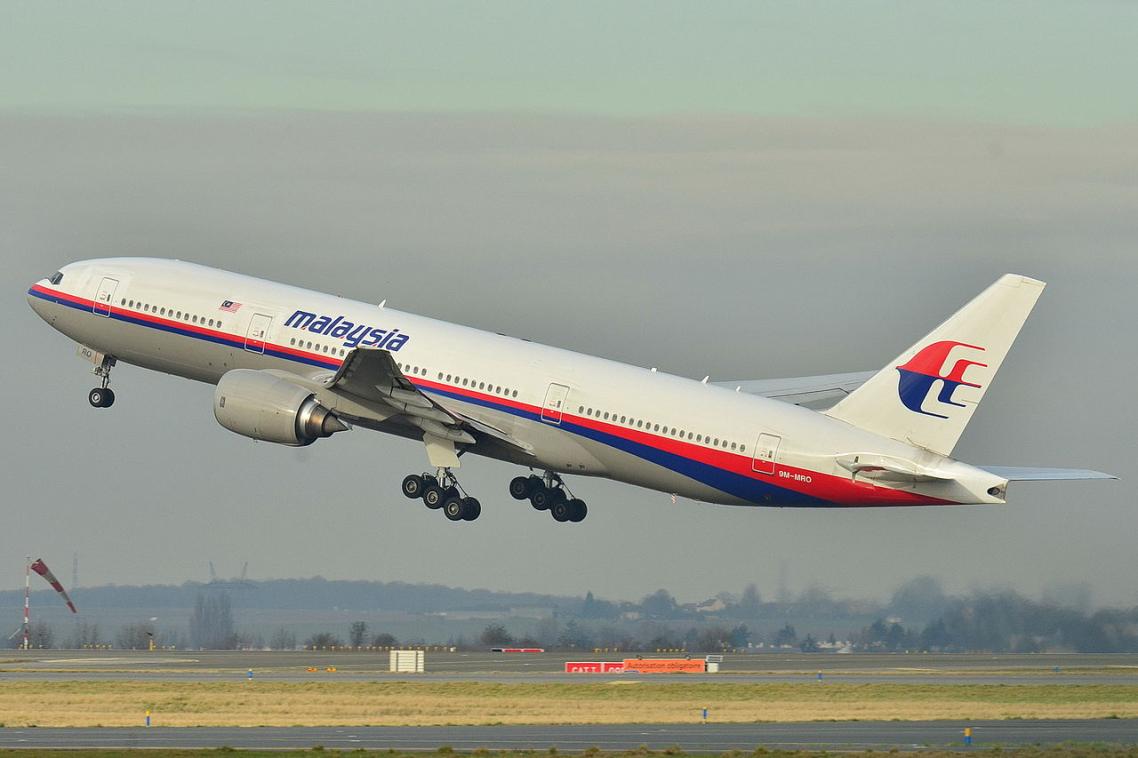Turn MH370 search into a treasure hunt?

Free market incentives could be offered to help finally locate the resting place of Malaysia Airlines flight 370, according to a University of Queensland economist.
Professor Luke Connelly said government authorities had “understandably” ceased searching “after three fruitless years” – and it was time to look at different solutions.
“The MH370 search has cost Australia, China and Malaysia approximately US$150 million combined,” Professor Connelly wrote in Aviation Week & Space Technology magazine.
“The problem here arises because no entity is likely to benefit sufficiently from finding the aircraft to justify paying the entire cost of a renewed search, however there could be creative solutions.”
Professor Connelly said that, aside from offering answers for the family of passengers and crew on MH370, locating the aircraft may benefit air travellers more generally.
“As some writers have already pointed out: if the plane was intentionally ditched by the pilot, the crash site is also a crime scene,” Professor Connelly said.
“However we don’t know for sure exactly what happened so finding the aircraft may be of value to commuters around the world.”
He said possible solutions included offering a range of bounties and enticing companies who may stumble on the wreckage incidentally.
“An advantage to offering a menu of bounties, rather than a single bounty, is that it may encourage the production of information by finders of lower-value debris that encourages competition to find high-value components, such as the flight data recorder or fuselage,” Professor Connelly said.
“The risk of offering a single bounty is that locators of low-value parts may be inclined to treat their findings as high-value private information, since such discoveries (if kept private) may enhance their probability of claiming higher-value targets and bounties.”
Professor Connelly also said that the availability of a large reward may also encourage a higher level of innovation and investment in search technologies.
“Some companies may be enticed to invest in equipment that enables them to conduct incidental searches, perhaps in joint ventures with specialist firms that supply underwater scanning equipment,” he said.
“For instance, new seagoing vessels may be fitted with more advanced underwater scanning and detection equipment than is generally required for navigation.
“Third-party suppliers of such technologies – which are highly specialised and have a limited market – may, for instance, engage with ship builders to extend their market…perhaps with profit—sharing arrangements.”
The UQ researcher suggested that the capital could be raised via public or private sources, or a combination. The fund could pay an annual dividend to shareholders until the reward is claimed.
An alternative to raising the capital for the reward would be for a consortium to collaborate with an insurance underwriter to purchase a policy that covers the reward in the event the aircraft is found.
Professor Connelly said while the latter idea may sound unusual, “prize insurance” is not as uncommon as may be thought and is routinely used for hole-in-one and other sports prizes.
Media: Professor Luke Connelly, +61 0 434 609 877, l.connelly@uq.edu.au. UQ Communications, communications@uq.edu.au, +61 7 3365 3439, +61 0 448 410 364.
Related articles

New data reveals how Australia’s threatened reptiles and frogs are disappearing – and what we have to do

Sunlight-powered breakthrough turns methane into valuable ethylene
Media contact
UQ Communications
communications@uq.edu.au
+61 429 056 139
